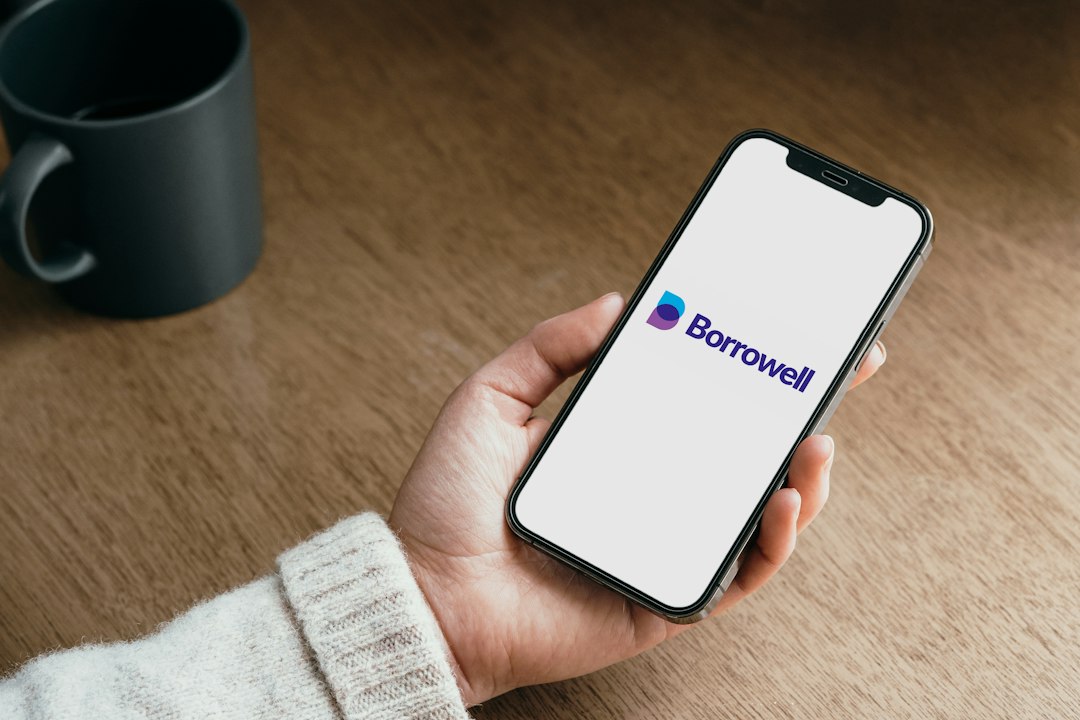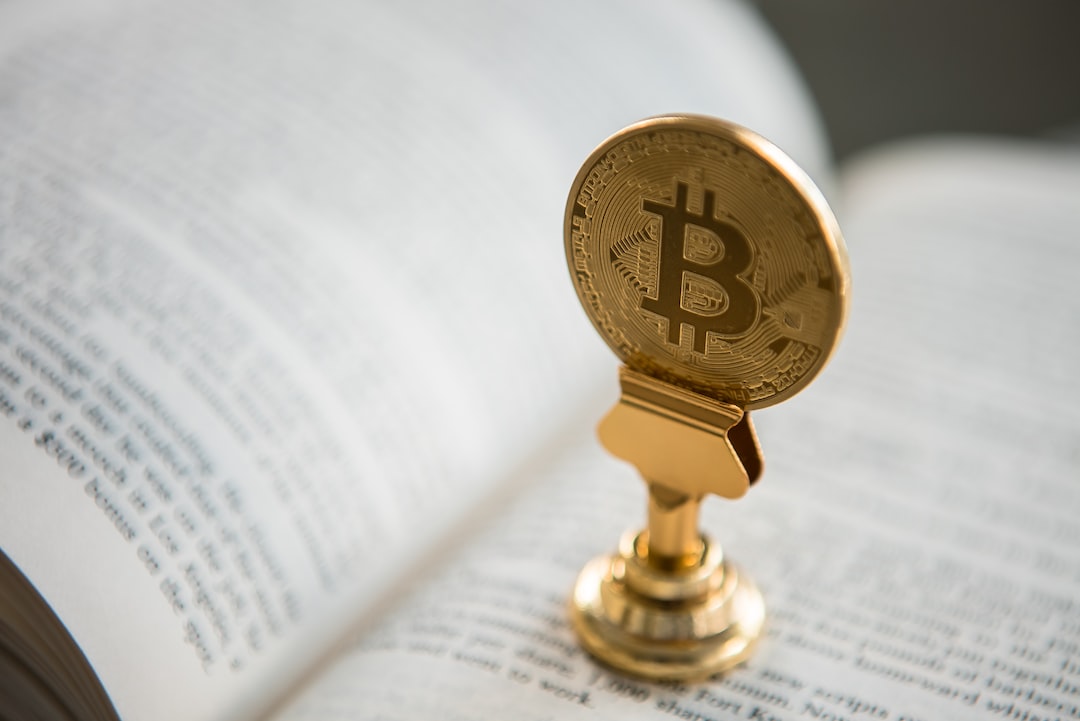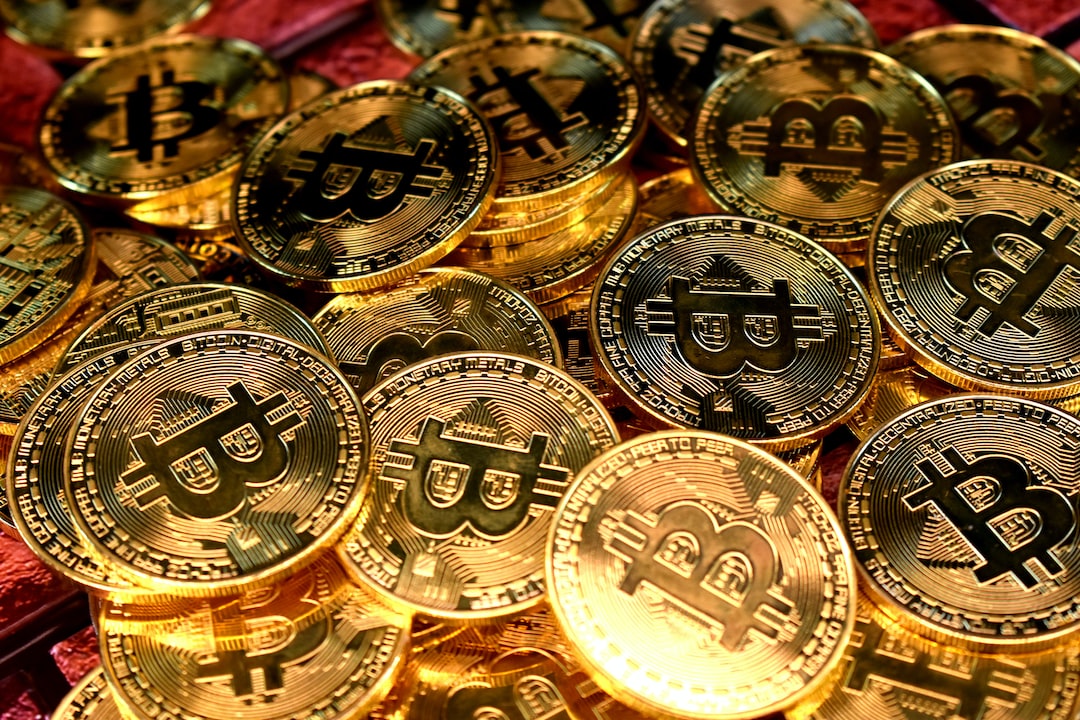The Adoption of PayPal’s PYUSD Stablecoin Falls Short of Expectations
PayPal’s stablecoin PYUSD, which was launched with the aim of revolutionizing global payments, has not gained significant adoption according to its first transparency report. The report released by Paxos Trust, the company responsible for issuing PYUSD, reveals that the stablecoin is backed by $45.3 million in assets. While over $1.5 million is held in cash deposits, the majority of the reserves consist of reverse repurchase agreements collateralized with U.S. Treasuries worth $43.8 million.
Understanding Reverse Repurchase Agreements
Reverse repurchase agreements involve collateralized loans where institutions sell securities to each other with the expectation of repurchasing them at a higher price in the future. Paxos states that these agreements are made with reputable financial institutions and have an overnight maturity, minimizing the risk of loss.
The Decline in Stablecoin Market Capitalization
The overall market capitalization of stablecoins has been declining since Terra’s UST stablecoin experienced a blowup last spring. According to CoinGecko, the total value of stablecoins has dropped from $188 billion in May to $131 billion currently. Other leading stablecoins like Circle’s USD Coin and Tether have also faced challenges, such as losing their peg or concerns about maintaining a consistent value.
PYUSD’s Market Capitalization Compared to Competitors
Despite PayPal’s brand reputation and commitment to transparency, PYUSD’s market capitalization of $43.4 million is significantly lower than USD Coin ($83 billion) and Tether ($26 billion). These two stablecoins dominate 90% of the market.
Limited Adoption for Cross-Border Payments and Trading
Stablecoins are not only used for cross-border payments but also heavily relied upon by crypto traders. However, a recent report from Kaiko indicates that the majority of trades on centralized crypto exchanges do not involve stablecoins. PYUSD’s adoption has been slow, with low daily trade volumes compared to other stablecoins.
The Current State of PYUSD
Currently, PYUSD has around $1.2 million in trading volume, while Tether and USD Coin have traded billions of dollars. Most of PYUSD’s volume is concentrated on HTX (formerly Huobi), with smaller volumes on Coinbase and Kraken. It appears that traders are taking their time to warm up to PYUSD amidst the current bear market conditions.
Hot Take: PYUSD Struggles to Compete with Established Stablecoins
Despite PayPal’s intentions to disrupt the stablecoin market with PYUSD, its adoption has fallen short. With a market capitalization representing only a fraction of a percent compared to USD Coin and Tether, it is clear that PayPal faces significant challenges in competing with established stablecoins. The slow adoption and low trading volumes indicate sluggish demand for PYUSD, suggesting that traders are not yet convinced of its value and utility in the current market climate.





 By
By
 By
By
 By
By


 By
By